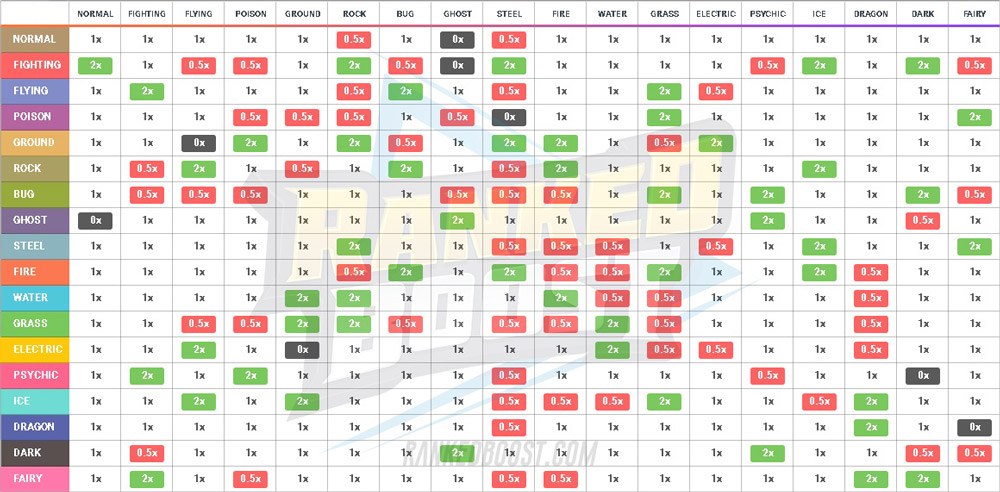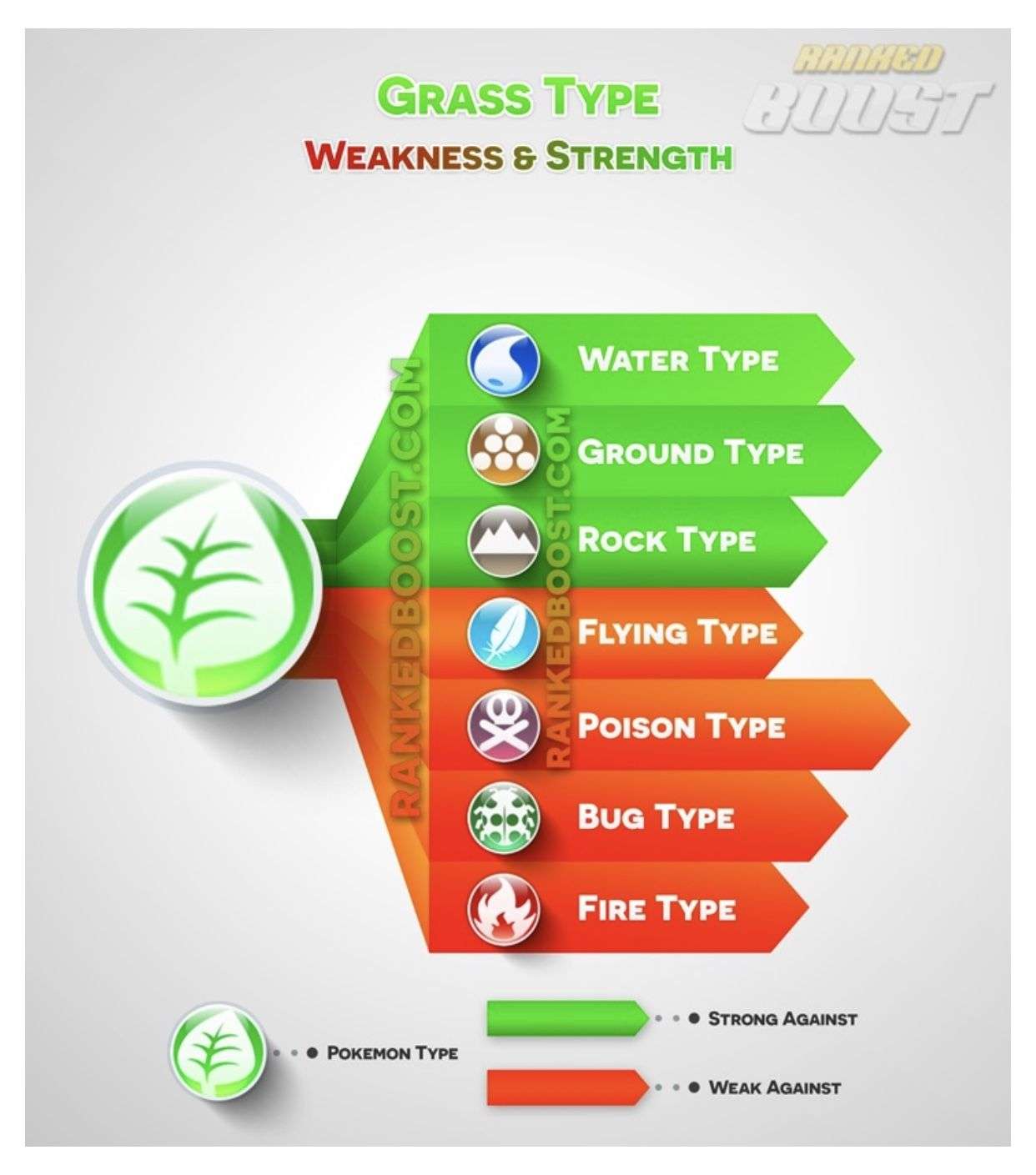In the captivating world of Pokémon, each type has its strengths and weaknesses. For trainers aiming to master the strategic elements of the game, understanding these intricacies is crucial. This article delves into the “poison type weakness,” offering insights and strategies to help you become a more formidable Pokémon trainer.
Key Takeaways
- Poison-type Pokémon are vulnerable to Ground and Psychic-type moves.
- Understanding type weaknesses can significantly influence battle strategies and outcomes.
- Using dual-type Pokémon can either mitigate or exacerbate poison weaknesses.
The Basics of Poison-Type Pokémon
Poison-type Pokémon have been a staple since the inception of the Pokémon series. Known for their ability to inflict status conditions like poisoning, these Pokémon can be both a formidable foe and a valuable ally. However, like all types, they come with inherent weaknesses that trainers must navigate.
What is a Poison-Type Weakness?
In the Pokémon universe, each type has specific vulnerabilities, known as weaknesses, and resistances. A poison type weakness refers to the types of moves that are particularly effective against poison-type Pokémon. When a Pokémon is hit by a move it is weak against, it takes double the normal damage. This is a critical concept in battles, where exploiting an opponent’s weaknesses can turn the tide in your favor.
Identifying Poison Type Weaknesses

Understanding the weaknesses of poison-type Pokémon is essential for both offense and defense in battles. The primary weaknesses of poison-type Pokémon are:
- Ground-Type Moves: Poison-type Pokémon are highly vulnerable to ground-type moves. Attacks such as Earthquake and Mud-Slap can deal significant damage.
- Psychic-Type Moves: Psychic-type moves are also super effective against poison types. Moves like Psychic and Psybeam can exploit this weakness effectively.
Why Are These Types Effective Against Poison?
The effectiveness of ground and psychic types against poison can be traced back to thematic and logical connections. Ground represents purity and solidity, countering the toxic nature of poison. Similarly, psychic types, which symbolize mental strength and clarity, can overcome the chaotic and corrupting effects of poison.
Strategies to Counter Poison Type Weakness
While poison-type Pokémon have notable weaknesses, strategic planning can mitigate these vulnerabilities. Here are some strategies to consider:

Utilize Dual-Type Pokémon
Many poison-type Pokémon are also dual-typed, which can influence their weaknesses and resistances. For example, a poison/grass-type Pokémon like Bulbasaur is doubly weak to psychic moves but gains resistance to water and electric types. Understanding these dual-type combinations can help you plan your team effectively.
Incorporate Moves That Counter Weaknesses
Teaching your poison-type Pokémon moves that can counter their weaknesses is another effective strategy. For example, teaching a poison-type Pokémon a dark-type move can help counter psychic-type opponents.
Leverage Abilities and Items
Abilities and held items can also play a significant role in battles. For instance, using an item like Focus Sash can help a poison-type Pokémon survive a potentially fatal hit, giving it a chance to retaliate.
Popular Poison-Type Pokémon and Their Weaknesses
Understanding the specific weaknesses of popular poison-type Pokémon can further enhance your battle strategies. Here are a few notable examples:
- Gengar (Poison/Ghost): While Gengar is weak to ground-type moves, its ghost typing provides immunity to normal and fighting types.
- Crobat (Poison/Flying): Crobat’s flying type negates its ground weakness, but it remains vulnerable to psychic and electric moves.
- Toxapex (Poison/Water): Toxapex is weak to electric and psychic moves, but it boasts impressive defensive stats to withstand many attacks.
Mastering the art of Pokémon battles requires a deep understanding of type matchups, including poison type weaknesses. By leveraging this knowledge, trainers can craft strategies that exploit opponent vulnerabilities while protecting their own Pokémon. Whether you’re a seasoned veteran or a new trainer, understanding these dynamics will enhance your gameplay and lead you to victory.

Remember, the key to success in Pokémon battles lies not only in knowing your Pokémon’s strengths but also in understanding and countering their weaknesses. Embrace the challenge, and may your journey to becoming a Pokémon master be filled with triumph!